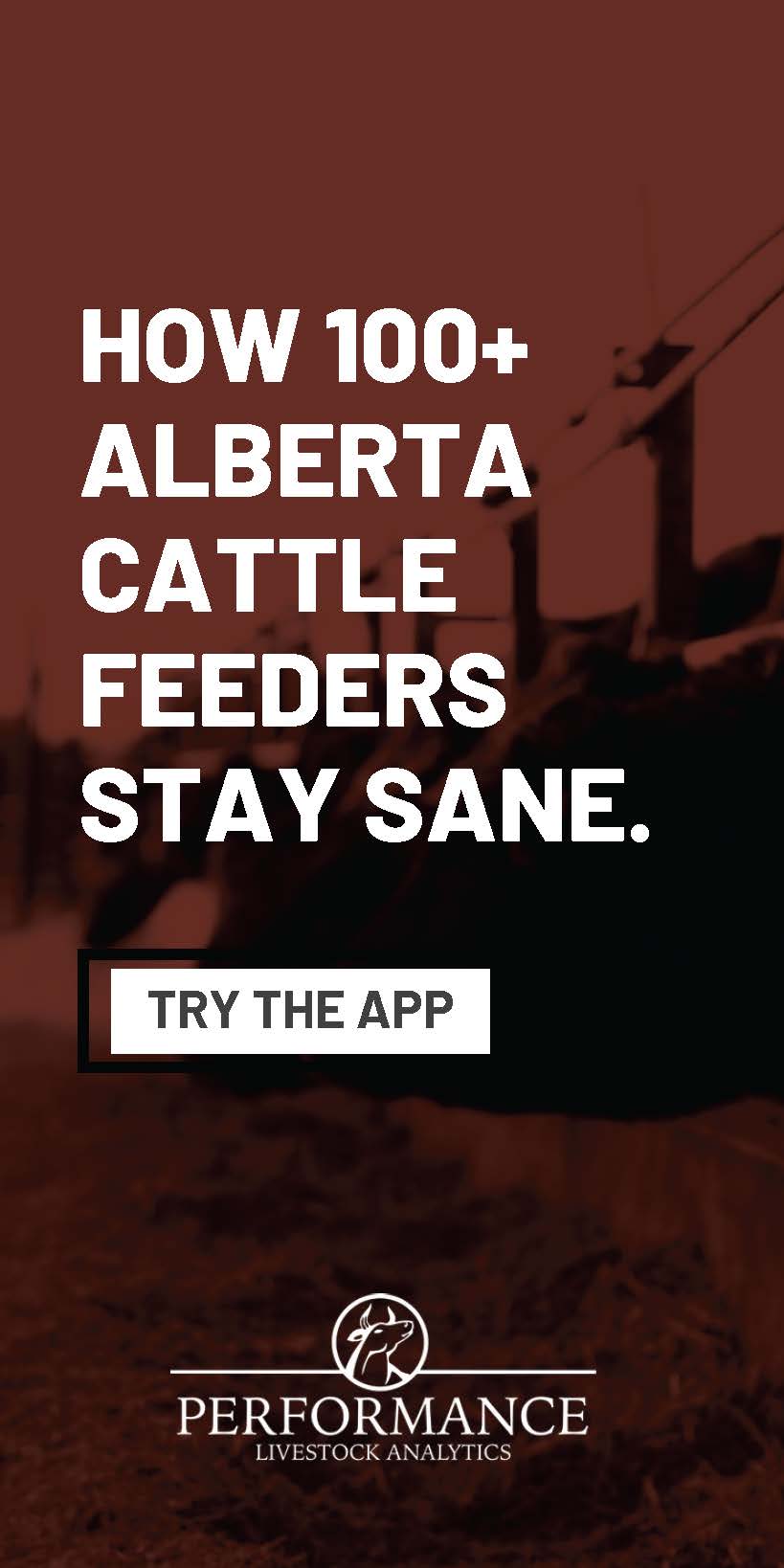Running a business in the agriculture industry these days is not cheap. Expenses such as land, feed, cattle, chemical, and fertilizer are only a few of the long list of increasing costs. The small producer is becoming an endangered species, being eaten up by larger producers trying to survive in a competitive market. To address these challenges, a joint venture (“JV”) arrangement may make sense, as it can allow you to leverage your relationships with other operations to benefit from economies of scale.
What is a Joint Venture?
A “joint venture’”can at times be confused with a ‘partnership’, as they do have some similarities. In both a partnership and a JV, a group of two or more members will work together to obtain a common goal. Both will typically have an agreement in place that outlines what each member will contribute and what they can expect in return. That is where the similarities stop.
In a partnership, the goal is to make a profit. In a JV, there could be many different kinds of goals, including goals that are not directly related to profits. For example, you and a group of producers could pool resources together to make larger purchases at a reduced cost. Unlike a partnership, where members share a percentage of the end profits, in a JV the members share a percentage of the revenue and expenses individually. As a result, members of a JV could receive different benefits and have different costs associated with their involvement of the JV. This is much more individualized than a partnership, and can be used for a wide range of specific purposes.
Members of a JV will maintain ownership of any assets being made available for use by the JV. What this means is that even though a member has agreed to allow the JV to use that asset, the member will not lose control of the asset. As a result a JV can be a viable alternative for producers who want to pool their resources without giving up the legal title to any assets contributed.
Tax Reporting:
Joint ventures are not specifically defined in the Income Tax Act. As a result, there is no formal registration of a JV with the Canada Revenue Agency (CRA) and no tax reporting required. The tax reporting for any income and expenses lies with the individual members of the JV. Each member would receive an allocation of revenues and expenses from the JV and be required to report those independently from the other members.
In the case where members of the JV are corporations, there is no requirement for the members to share the small business deduction limit and determine who will benefit from the low corporate tax rates. This is a significant difference from a partnership where partners are required to share the small business deduction limit. An example of this would be where three corporate members formed a partnership here in Alberta that generated $1,500,000 of taxable income. In this example, since the small business deduction limit is $500,000, $1,000,000 of that income would be subject to the higher corporate tax rate.
Alternatively, now assume those same members formed a JV instead of a partnership. Assuming each member was allocated 1/3 of the revenues and expenses, each member could have access to the small business deduction limit and the full $1,500,000 ($500,000 to each member) of income would be taxed at the lower corporate rate. In a province like Alberta where there is an 11% difference between the high and low corporate tax rates, a deferral of $110,000 of taxes every year could result
Advantages:
In addition to the above, there are a number of other advantages to utilizing a JV:
The cost of setting up and maintaining a JV is relatively low, as there is no additional income tax filings. Only a JV agreement needs to be established, and this can be tailored to your individual needs.
A JV agreement can be changed annually. This means that there is no long-term commitment when you enter into a JV unless you want one. An annual agreement allows for an easy exit for a member that does not wish to continue with the JV, or may want some flexibility.
Individual members of a JV are not contractually bound to other individual members of the JV. This means that if another member enters into an obligation they cannot fulfill, the other members of the JV are not held liable.
Disadvantages:
One of the biggest disadvantage to the use of a JV is control. In a JV, members work together for a common goal. It can be hard for members who have always made every business decision to allow decisions to be made by a group. In the event the members can’t work well together, or one member wants to make all the decisions, JV’s can fail. This can result in additional costs to the members and failure to accomplish the goal of the JV.
Like all business decisions, the decision to enter into a JV arrangement should be considered carefully. It is a great tool for developing and utilizing relationships within the agricultural industry, especially in the face of ever increasing challenges. If implemented effectively, producers could use a JV to see immediate cash and business benefits through diversification and economies of scale. Of course, before you enter into any such arrangement, professional advice should be obtained. This will help you make sure that the JV you join meets your desired result and that the agreement reflects all intentions of the members involved.
Ebony Verbonac is a Chartered Accountant and senior manager in tax in KPMG’s agri-business industry practice in Lethbridge. She can be reached at (403) 380-5716 or by e-mail at everbonac@kpmg.ca. She would like to thank Mitch Stevenson and Karl Hendrickson for their assistance with writing this article.




